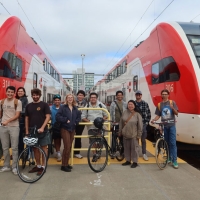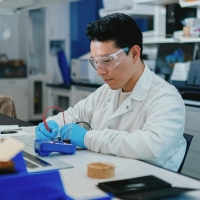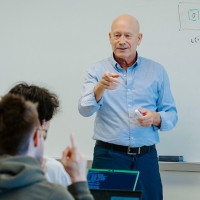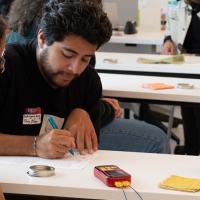SFSU builds new pipeline for renewable energy microbiologists
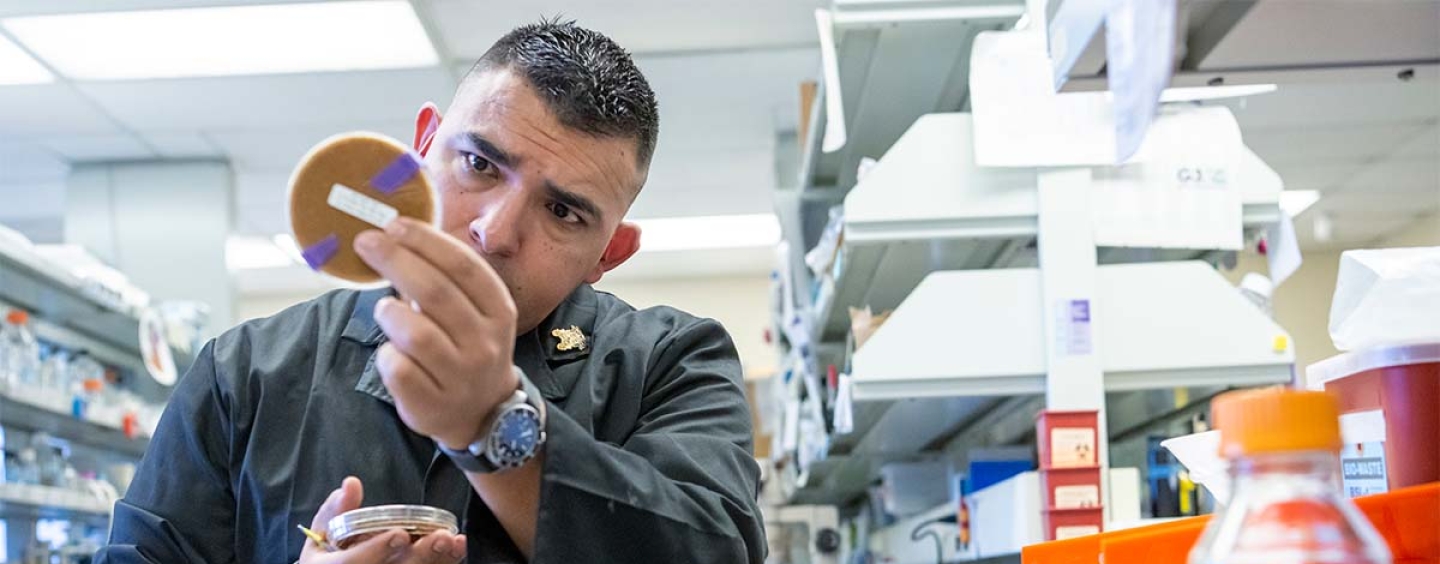
The University will collaborate with other universities and two national labs to train students for the renewable energy workforce
Viruses have a bad reputation and for good reason. Despite their connection to disease, some viruses can be used for good. San Francisco State University Assistant Professor Archana Anand wants to address the knowledge gap about phages — viruses that infect bacteria — and their potential renewable energy applications, such as helping develop biofuels and mitigating methane emissions.
To achieve this goal, the Department of Energy (DOE) awarded Anand a $2.2 million grant for a new Phage Pathways program. By collaborating with national labs and other universities, the three-year program is poised to strengthen the pipeline for renewable energy microbiologists.
“The aim of this grant is to cultivate a new generation of microbiologists. But they will not be focused entirely on traditional microbiology but will focus on the intersection of microbial ecology and renewable energy,” said Anand. “I don’t think the academic needs have met the job needs in the renewable energy-microbiology ecology space.”
At the core of this program is SFSU’s partnership with Lawerence Berkeley National Laboratory (LBNL) and Sandia National Laboratories (SNL) — two major DOE-funded institutions — and San Diego State University (SDSU), UC Davis and Skyline Community College. Together, they will update curricula in microbiology courses at the different universities, create new student research opportunities at each institution and provide students with cross-institutional mentorship for research, leadership and career development. Students will receive financial support for their participation.
“This program could be impactful for students’ careers going forward,” said Anand of this DOE grant and the importance of collaborating with the national labs. She notes that there’s been an increase in these labs collaborating with institutions like SFSU. “Hopefully, the students will be really into this program and will come back to find a job in a similar setting.”
